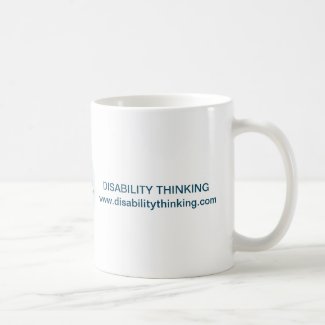Podcast / Vlog Pitch
/I’m getting an itch to podcast again, or maybe start a vlog. Here’s the idea:
I have in mind an audio podcast or YouTube vlog that would be called something like "Disability Thinking 101" or "Disability Thinking Basics." Each episode would explore a key word or term in disability culture and activism. The audience would be people who are curious about or new to disability issues ... plus, people who have been involved for some time, but would like to refresh their understanding of the ideas that structure the disability community's conversations and work.
Ideally I try to put out an episode every other week, or maybe just twice per month. I would want to have at least one guest for each episode, preferably someone who has some expertise and something to say about the term being discussed. We might also incorporate comments into the conversation by announcing the next upcoming topic, and reading out a selection of comments on the term as part of the next episode. Again ideally, I would hope to keep each episode under 30 minutes long.
Possible terms to discuss ... slightly organized, but not necessarily in this order:
- Disability
- Crip
- Ableism
- Advocacy
- Accessibility
- Accommodations
- Marginalized
- Intersectional
- Erasure
- Representation
- Autism
- Neurodiversity
- Intellectual Disability
- Self-Advocate
- Functioning Labels
- Institutional
- Long Term Care
- Sheltered Workshops
- Independent Living
- Social Model
- Consumer Direction
- Inspiration Porn
- Disability Awareness
- Eugenics
I am posting this idea because I hope to get some suggestions on content, identify people who might want to co-host with me on one or two of these topics, and get a feel for whether a Patreon or similar campaign to support this project financially would be feasible. If you have ideas or want to participate in some way, you can leave a comment below, or email me at: apulrang@icloud.com












